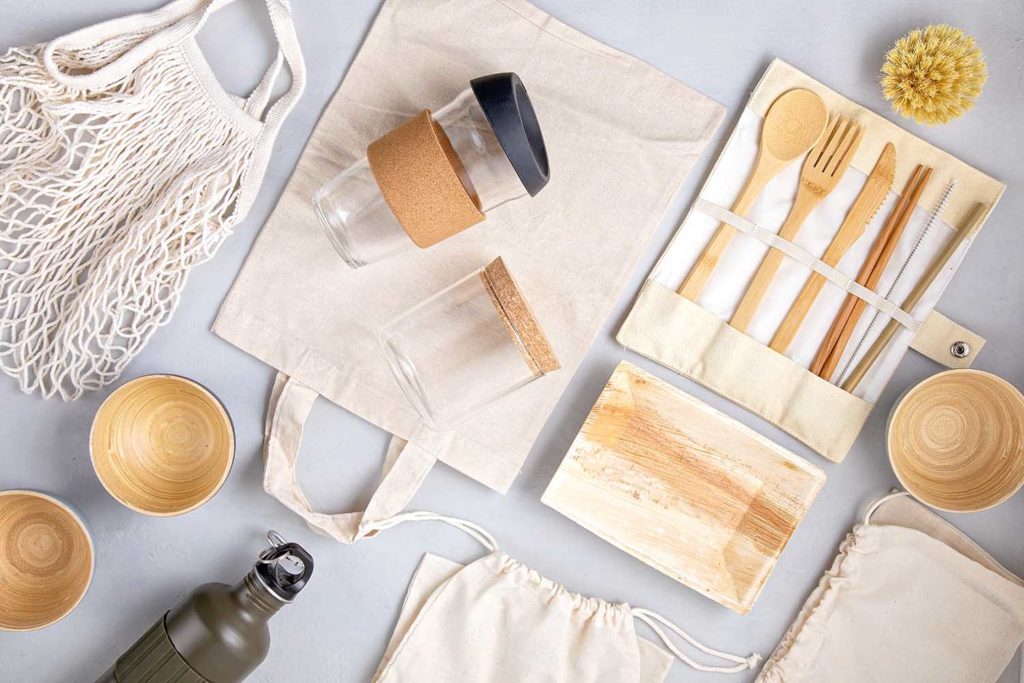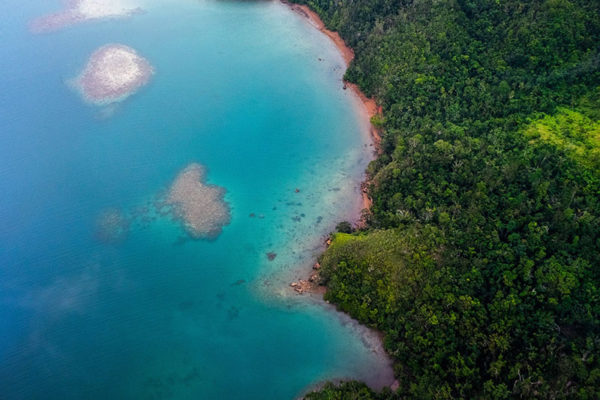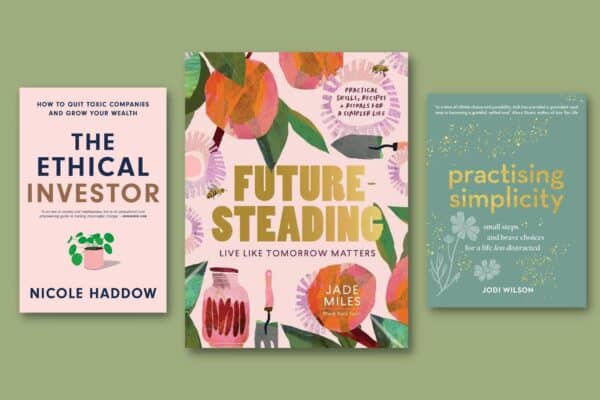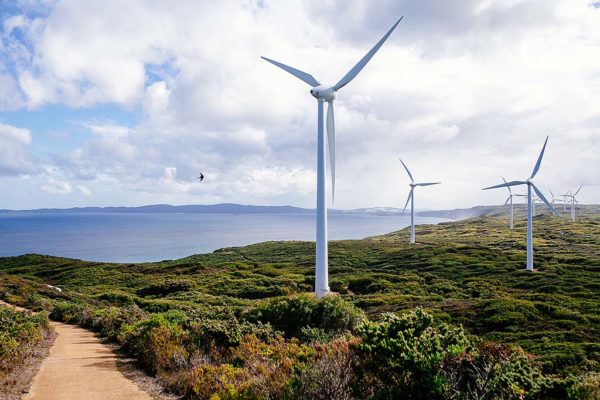It’s a complete privilege to be able to go abroad and experience different cultures, food, and environments.
I am currently overseas in Indonesia for a few months, eating my way through Java whilst working. Food is a crucial aspect of travelling; it defines areas of the world and brings people together.
The only issue with food out of the norm is the difficulty of eating consciously.
That might sound painfully pretentious, but I don’t mean trouble finding expensive vegan food, I mean enjoying eating food as ethically and environmentally friendly as possible.

For me, I travel a lot and love food so here are my basic red hot tips for trying to eat more sustainably and consciously while travelling.
1. Bring a reusable water bottle
Plastic water bottles whilst travelling are the biggest waste; starting from the first step on a plane.
Places across the globe (particularly for travellers) are starting to cut out plastic bottles, opting for reusable water tanks. Even airports are adopting refillable water stations.
Bringing a reusable water bottle for refillable water tanks means saving a hefty amount of plastic from going into landfills, saving some dollars and maybe even keeping water cooler. For countries where the tap water is not safe to drink, try a SteriPen (more info about how well it works here)
2. Research and adapt to local food
If you’re vego / vegan, it can be difficult to know what to eat abroad.
Every country has its own local cuisine and it’s not always clear what they are.
Before going travelling, it’s a good idea to research local food and write down what each of them is in the local language (if it’s not English). For example, in Java, the local food in abundance is soybeans – different variations from fried Tempe salads to soy drinks.
3. If you’re a meat-eater, opt for local meat of choice
I know people shouldn’t be eating meat and dairy for the planet, but I can’t pretend that everyone is vegan.
I generally don’t eat meat, however, in Java the local meat of choice is chicken. Chicken’s run wild everywhere and locals live off them.
If you choose to eat meat abroad, work out what the local meat is from local farmers; goat, chicken, etc. There is a general argument that beef (red meat) production has the highest carbon footprint just FYI.
4. Bring a small reusable utensils kit (or eat with your hands!)
My lovely friend (thanks Susie) brought me a small portable bamboo utensils kit.
This means everywhere I go, I can avoid plastic utensils. Whilst traveling and eating a significant amount of meals on the go, that’s a lot of plastic.
This may seem like a small action but if every traveller did this, there would be a hella amount of disposable plastic diverted from planet earth. Even better, some countries eat with just their hands (although check first if it’s one specific hand).

5. Say no the plastic bags
The stress of going into a supermarket overseas and having one item wrapped in three different plastic bags is too much (I’m looking at you 7-Eleven in Japan).
After being polite a few times and the confusion of the language barrier, I now just outright refuse plastic bags abroad. Carrying a tote bag overseas for my small items and learning the word for ‘no bag’ is enough.
6. Support local venues
I am torn when I go overseas and see places like Canggu in Bali that has turned into overseas Australia (I’m going to Canggu next month to surf so I am a contributor to this issue).
It’s wonderful to see places blossom with vibrant vegan restaurants and hip hotels, however, there is also something unsettling about it.
There is nothing wrong with going to an Australian or British run place overseas; they are contributing to the local economy, driving tourism and (hopefully) employing locals. It’s also important however to invest in local run venues. Look for local authentic restaurants; ask locals and avoid chains that you can find back home (unless you’re desperate).
7. Learn some local words
It is always good to learn some basic words, even if people can speak some English.
Firstly, it’s polite to try and speak the local language (and some locals find it funny) and secondly, it can be useful to say things like ‘no’ to plastic bags in shops (every shop in Japan) or ‘where is a good local place to eat?’.
Trust me, I know the pain of learning another language. I failed Beginner’s French 3 times. I still try.
8. Appreciate it
I don’t mean to moan on but travelling is an absolute privilege that many don’t get to do.
Being able to go overseas; meet other people, learn new cultures and try new food is pure joy.
Don’t give yourself anxiety over using a plastic fork when it’s cost you a lot and most likely involved a carbon churning plane journey. Be respectful of other cultures, tread lightly and just appreciate it.


